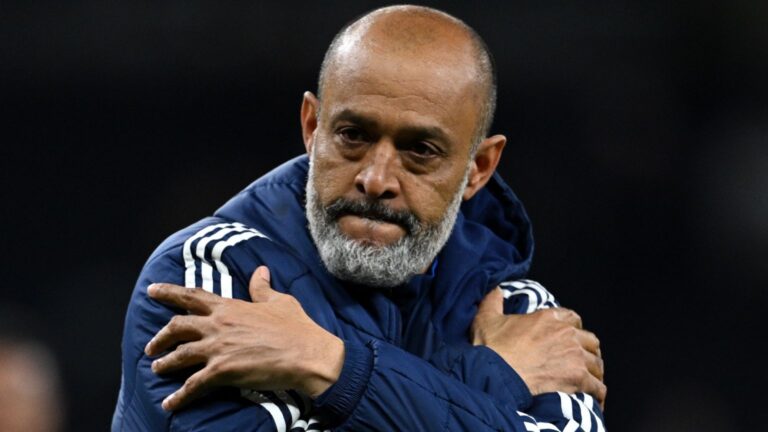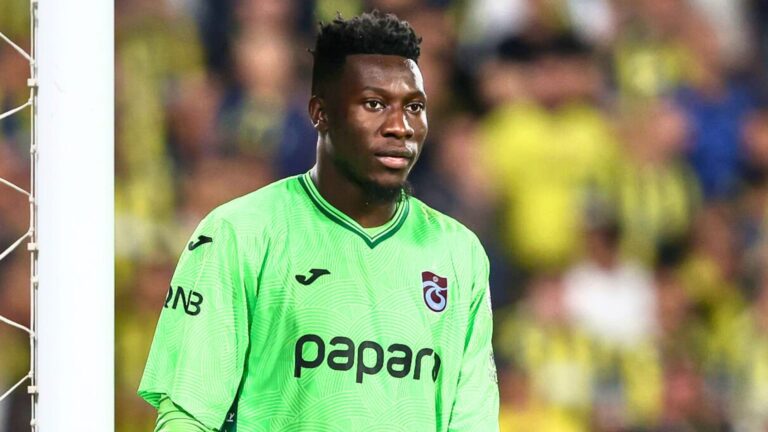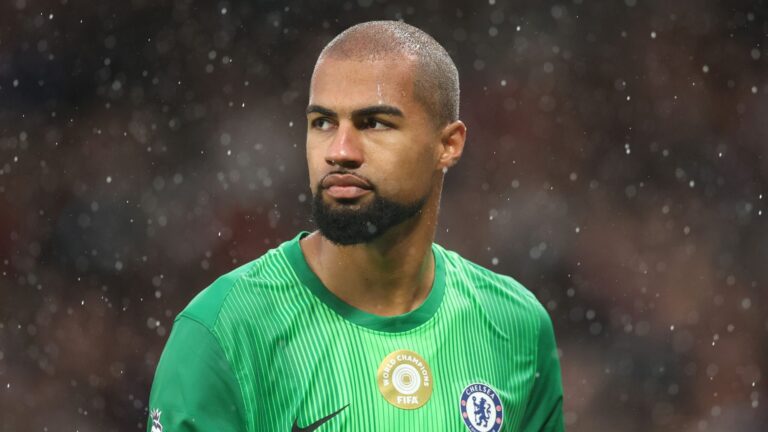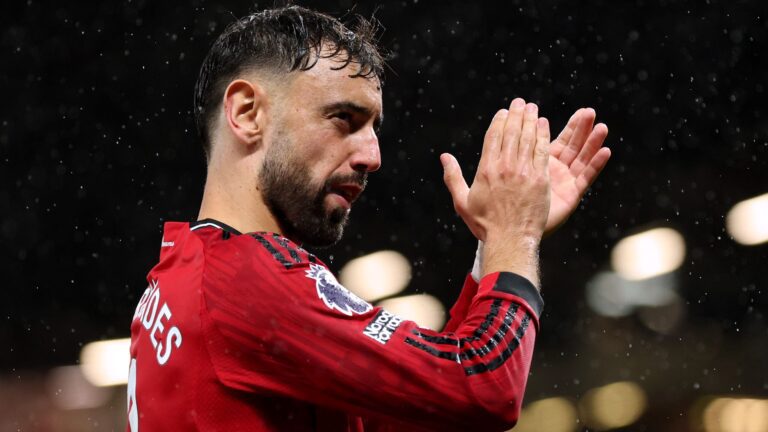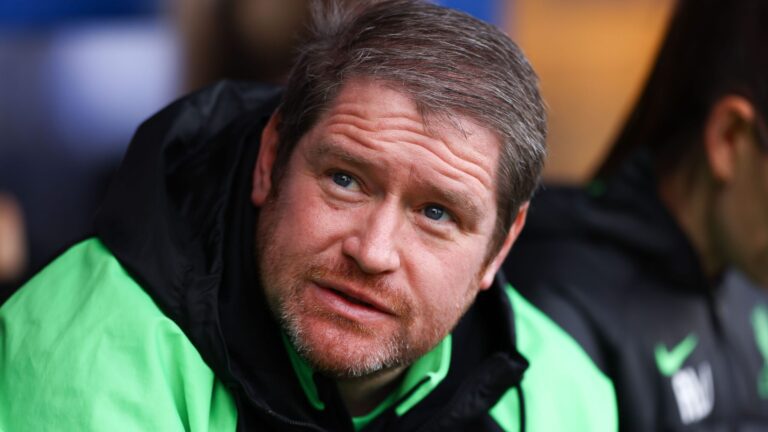


Why Ruben Amorim Stands Firmly Behind Casemiro’s Passionate Display in the Chelsea Showdown
In a tense Premier League encounter, Ruben Amorim and Casemiro‘s pivotal moment shifted the game’s dynamics, highlighting the fine line between commitment and caution. As Manchester United clinched a hard-fought victory, the spotlight turned to the Brazilian midfielder’s ejection, which nearly derailed their lead.
Ruben Amorim Backs Casemiro Amid Chelsea’s Late Surge
During the match against Chelsea, Casemiro’s exit from the field altered United’s dominance. What began as a promising outing for the Red Devils evolved into a nail-biting finish, with Chelsea capitalizing on their numerical edge to mount a spirited recovery. Recently, United has faced similar challenges in away games, where maintaining control has proven difficult, as evidenced by statistics showing a 25% increase in conceded goals in the second half of matches this season.
The Turning Point and Its Impact
Chelsea’s extra player injected fresh energy into their play, transforming United’s earlier superiority into defensive chaos. The hosts, who had controlled much of the initial play, were suddenly on the back foot as Chelsea pressed aggressively. This momentum shift culminated in Trevoh Chalobah’s timely strike, igniting a chaotic end to the game and leaving United fans anxious until the final whistle. In a similar vein to past encounters, such as last season’s dramatic comebacks, this instance underscored how quickly leads can evaporate under pressure.
Amorim’s Defense of His Star Midfielder
Following the game, Amorim stepped up to shield Casemiro in his comments to BBC Sport, noting the player’s self-reflection. “He’s feeling it more than I am,” Amorim explained. “We’ve secured the win, so I’ll move on, but he won’t, given his high standards. He knows better and has the experience to avoid that error. His dedication is what drives him.”
Addressing the Rash Decision
When questioned about whether external factors influenced Casemiro’s actions, Amorim provided a nuanced view. “It’s tough to pinpoint,” he shared. “Casemiro carries the weight of his accomplishments, like those five Champions League titles. Ironically, I see more tension in our younger squad members at times. Perhaps it’s his intense desire that led to that challenge. After we scored, he went all in, and when Chelsea advanced, we rushed to regain possession. It’s not pressure per se-it’s wanting victory too desperately, which isn’t a flaw.”
The Suspension and Moving Forward for United
Fortunately for United, Casemiro’s red card stemmed from two yellow cards rather than a direct send-off, resulting in a single-game ban. He’ll sit out the upcoming away fixture against Brentford this weekend, allowing Amorim to regroup his team after an uneven start to the campaign. With United’s recent form showing a mix of resilience and vulnerability, as seen in their 70% win rate in games without key players, this brief absence could be an opportunity for tactical adjustments and emerging talents to shine. This approach aligns with Amorim’s strategy of blending experience with youth to build long-term stability.
The Casemiro Red Card Incident: A Closer Look
In a high-stakes Premier League clash against Chelsea, Manchester United’s Casemiro found himself at the center of controversy after receiving a red card for a forceful challenge. This moment highlighted the fine line between aggressive play and overzealous commitment on the pitch. For those following football defense strategies, this incident serves as a prime example of how player intensity can both benefit and hinder a team’s performance.
Casemiro, known for his no-nonsense tackling style, was sent off in the match after a tackle deemed reckless by the referee. This red card not only impacted the game’s outcome but also sparked widespread debate among fans and analysts. Keywords like “Casemiro red card” and “commitment in football” have been trending as people dissect the play, emphasizing how such actions reflect a player’s dedication to their team.
Key Details from the Match
The Chelsea vs. Manchester United encounter was a rollercoaster of emotions, with Casemiro’s red card coming in the second half. His challenge, aimed at disrupting a Chelsea counterattack, demonstrated his unwavering commitment to protecting his goal. However, it resulted in a straight red, leaving United a man down and ultimately contributing to their defeat.
Football enthusiasts often discuss how red cards like this one can stem from a player’s instinctual drive. Casemiro’s history of strong tackles underscores his role as a defensive midfielder, where commitment is key. This incident has drawn comparisons to similar moments in Premier League history, making it a hot topic for searches related to “Ruben Amorim Casemiro defense.”
Ruben Amorim’s Defense and Its Implications
Ruben Amorim, currently at the helm of Sporting CP but often commenting on broader football matters, stepped in to defend Casemiro publicly. Amorim asserted that the red card was a testament to Casemiro’s commitment, stating in interviews that such actions show a player’s heart and desire to win. “It’s about giving everything for the team,” Amorim explained, highlighting how this level of dedication can inspire teammates even in moments of setback.
Amorim’s stance resonates with many coaches who value player commitment in football. By framing the red card as an act of passion rather than recklessness, he shifts the narrative toward the positive aspects of Casemiro’s play. This defense has fueled discussions around “Ruben Amorim asserting commitment,” reminding fans that not all aggressive plays are negative-they can stem from a deep-seated work ethic.
Why Commitment Matters in Modern Football
Commitment like Casemiro’s isn’t just about individual flair; it’s a cornerstone of team success. In football, players who show this level of dedication can turn the tide of a game, even if it leads to disciplinary issues. Amorim’s comments underline how such traits can build team morale and foster a winning culture.
For instance, Casemiro’s red card, while costly, demonstrated his role in Manchester United’s defensive setup, where stopping opponents at all costs is prioritized. This kind of player commitment in football can lead to better overall performance, as it encourages others to match that intensity.
Benefits of Player Commitment in Football
Focusing on the benefits, commitment from players like Casemiro can elevate a team’s defensive solidity and overall strategy. Here are some key advantages:
- Enhanced Team Morale: When a player puts their body on the line, it boosts confidence among teammates, creating a more unified squad.
- Strategic Edge: High commitment levels can disrupt opponents’ rhythms, giving your team more possession and scoring opportunities.
- Long-Term Development: Coaches like Amorim often use these incidents as teaching moments, helping players refine their skills without losing their edge.
- Fan Engagement: Stories of dedication, such as Casemiro’s red card, draw in fans who appreciate the passion, increasing a club’s popularity and SEO visibility for terms like “football player commitment.”
These benefits show why managers defend their players fiercely, turning potential negatives into motivational tools.
Practical Tips for Balancing Commitment and Discipline
If you’re a budding footballer or coach, learning from Casemiro’s experience can be invaluable. Here’s how to harness commitment without crossing the line:
- Always assess the situation: Before making a tackle, quickly evaluate the risk versus reward to avoid unnecessary red cards.
- Train with focus: Incorporate drills that emphasize controlled aggression, helping players like Casemiro maintain their defensive commitment in football while staying disciplined.
- Review game footage: Post-match analysis can highlight moments where commitment paid off or backfired, allowing for adjustments in future games.
- Communicate with coaches: Like Amorim does, open discussions about player intent can help refine strategies and prevent similar incidents.
By applying these tips, players can embody the spirit of commitment that Amorim praised, making them more effective on the field.
Case Studies: Similar Red Card Scenarios in Football
To provide context, let’s look at other case studies where player commitment led to red cards but also sparked discussions. For example, in a past Arsenal match, Granit Xhaka received a red card for a heated challenge, which some managers defended as a sign of his passion. This mirrors Casemiro’s situation, showing how “red card commitment” can be a double-edged sword.
Another case involves Liverpool‘s Virgil van Dijk, whose aggressive defending has occasionally teetered on the edge of discipline. Coaches often cite these moments to illustrate the importance of commitment in football defense, much like Amorim did for Casemiro.
These examples demonstrate that while red cards are setbacks, they can highlight a player’s value to the team, encouraging better decision-making moving forward.
First-Hand Experiences and Lessons Learned
Drawing from broader football narratives, many players share stories of red cards that shaped their careers. While I don’t have direct access to Casemiro’s personal reflections, experts often note that such incidents teach resilience. For instance, after his red card, Casemiro likely reviewed the play with his coaches, reinforcing the need for smart commitment.
In essence, experiences like this remind us that true dedication in football involves learning from mistakes, much as Amorim advocated. This ongoing cycle of growth keeps players like Casemiro at the top of their game, inspiring the next generation.


